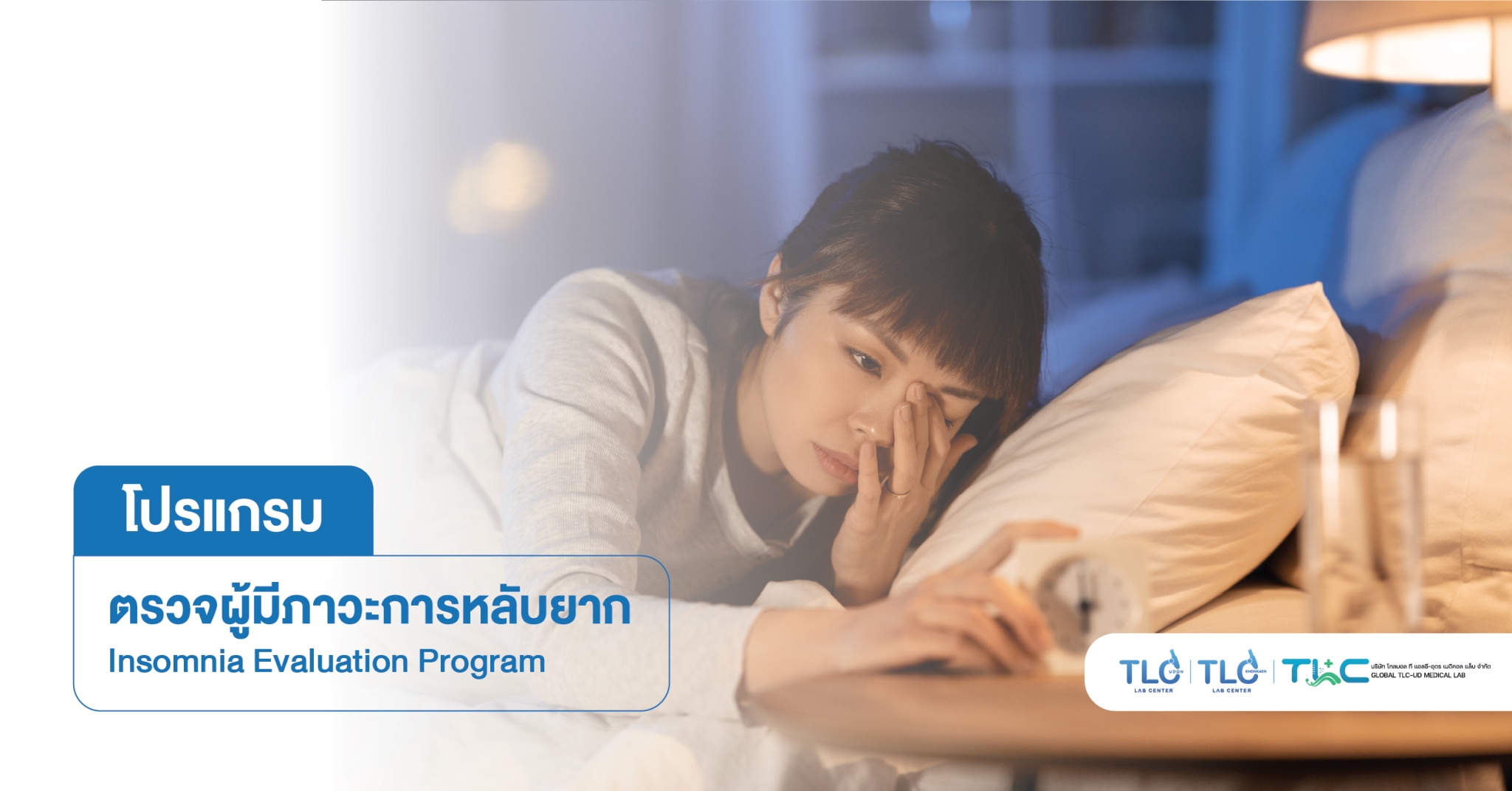The Three Stages of the Sleep Cycle
Sleep is not a uniform process that remains the same throughout the night. Instead, it consists of several distinct stages that repeat in cycles multiple times while we sleep. These stages can be divided into three main phases:
1. Light Sleep
- This is the initial stage of sleep.
- The body begins to relax, with heart rate and breathing slowing down.
- It is still easy to wake up — even slight noise or light can disturb sleep.
- This stage serves as the transition from wakefulness to deeper rest.
2. Deep Sleep (Slow-Wave Sleep)
- This is the phase in which the body truly rests and rejuvenates.
- Brain waves slow down, cells repair themselves, the immune system is strengthened, and growth hormones are released.
- Waking up during this phase can cause grogginess and disorientation, as the brain is still in a state of deep rest.
- Children and teenagers typically experience longer periods of deep sleep than adults.
3. REM Sleep (Rapid Eye Movement)
- This stage is characterised by rapid eye movements beneath closed eyelids.
- The brain becomes active again, almost to waking levels, while most muscles remain temporarily paralysed — this is when dreams usually occur.
- During REM sleep, the brain processes emotions, consolidates memories, and enhances creativity and learning.
- REM sleep is essential for cognitive function and emotional well-being.
Throughout the night, the body cycles through these three stages around 4–6 times. The first cycle tends to be shorter, while later cycles contain longer REM phases.
If the body can move smoothly through all stages without interruption, you will wake feeling refreshed, mentally clear, and fully energised.

How to Improve the Quality of Your Sleep
You may sleep for eight hours and still wake up tired — that’s because sleep duration doesn’t always equal sleep quality. If you often struggle to fall asleep, stay asleep, or wake up frequently, try incorporating these ten simple habits before bed to achieve deeper, more restful sleep.
- Create a Calm and Comfortable Environment : Your bedroom should be quiet, dark, and cool, free from glaring lights and screen glare. The ideal temperature for restful sleep is around 24–26°C, which helps your body relax and prepare for rest.
- Avoid Intense Exercise Before Bedtime : Exercise is beneficial, but vigorous activity too close to bedtime can make the body alert and raise your heart rate, making it harder to fall asleep. Aim to finish workouts 2–3 hours before bedtime.
- Limit Screen Time Before Sleeping : Blue light from phones and computers suppresses melatonin — the hormone that triggers drowsiness. Avoid using electronic devices for 1–2 hours before bed to allow your brain to wind down naturally.
- Take a Warm Bath : A warm bath about 10–15 minutes before bedtime relaxes the muscles, reduces stress, and promotes circulation — ideal for those who feel tired but find it hard to fall asleep.
- Use Calming Scents : Aromatherapy with lavender or chamomile can soothe the mind and body. Use a diffuser, add a few drops to your bath, or lightly spray your pillow for a relaxing effect.
- Avoid Caffeine, Alcohol, and Nicotine Before Bed : Coffee, tea, fizzy drinks, alcohol, and cigarettes stimulate the nervous system, making it difficult to sleep. Avoid them for at least four hours before bedtime.
- Stick to a Regular Sleep Schedule : Going to bed and waking up at the same time each day helps regulate your circadian rhythm. The best bedtime is between 10:00–11:00 p.m., and you should try to wake up at roughly the same time every morning — even on weekends.
- Practise Deep Breathing or Meditation : If stress keeps you awake, take 5–10 minutes to meditate or practise slow, deep breathing before bed. This helps calm the mind and prepares the body for rest.
- Keep Daytime Naps Short : A short nap of 20–30 minutes during the day can recharge your mind, but avoid long or late naps, as they can interfere with nighttime sleep.
Manage Stress Before Bedtime : Chronic stress can seriously affect sleep quality. Try journalling briefly, talking with family, or reflecting on positive moments from the day to clear your mind before sleep.
Health Risks of Chronic Insomnia
Persistent insomnia affects far more than just your energy levels — it can harm both physical and mental health, increasing the risk of several conditions:
- Heightened risk of allergies, asthma, and infections
- Greater likelihood of high blood pressure and heart disease
- Weakened immune function, making you more prone to illness and slower to recover
- Disrupted metabolism, raising the risk of obesity, diabetes, and high cholesterol
- Increased stress hormones and imbalances in the hormones that regulate hunger and fullness
- Potential for chronic conditions such as headaches, muscle pain, constipation, or frequent diarrhoea
- Mood disturbances, including irritability and emotional instability














